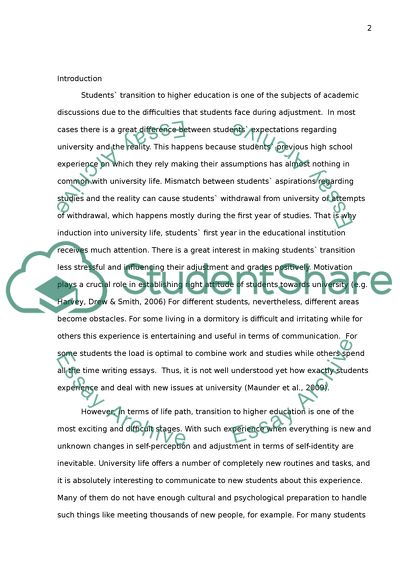Cite this document
(“Motivation for Psychology Students in Transition to Higher Education Essay”, n.d.)
Motivation for Psychology Students in Transition to Higher Education Essay. Retrieved from https://studentshare.org/psychology/1654206-motivation-for-psychology-students-in-transition-to-higher-education
Motivation for Psychology Students in Transition to Higher Education Essay. Retrieved from https://studentshare.org/psychology/1654206-motivation-for-psychology-students-in-transition-to-higher-education
(Motivation for Psychology Students in Transition to Higher Education Essay)
Motivation for Psychology Students in Transition to Higher Education Essay. https://studentshare.org/psychology/1654206-motivation-for-psychology-students-in-transition-to-higher-education.
Motivation for Psychology Students in Transition to Higher Education Essay. https://studentshare.org/psychology/1654206-motivation-for-psychology-students-in-transition-to-higher-education.
“Motivation for Psychology Students in Transition to Higher Education Essay”, n.d. https://studentshare.org/psychology/1654206-motivation-for-psychology-students-in-transition-to-higher-education.


